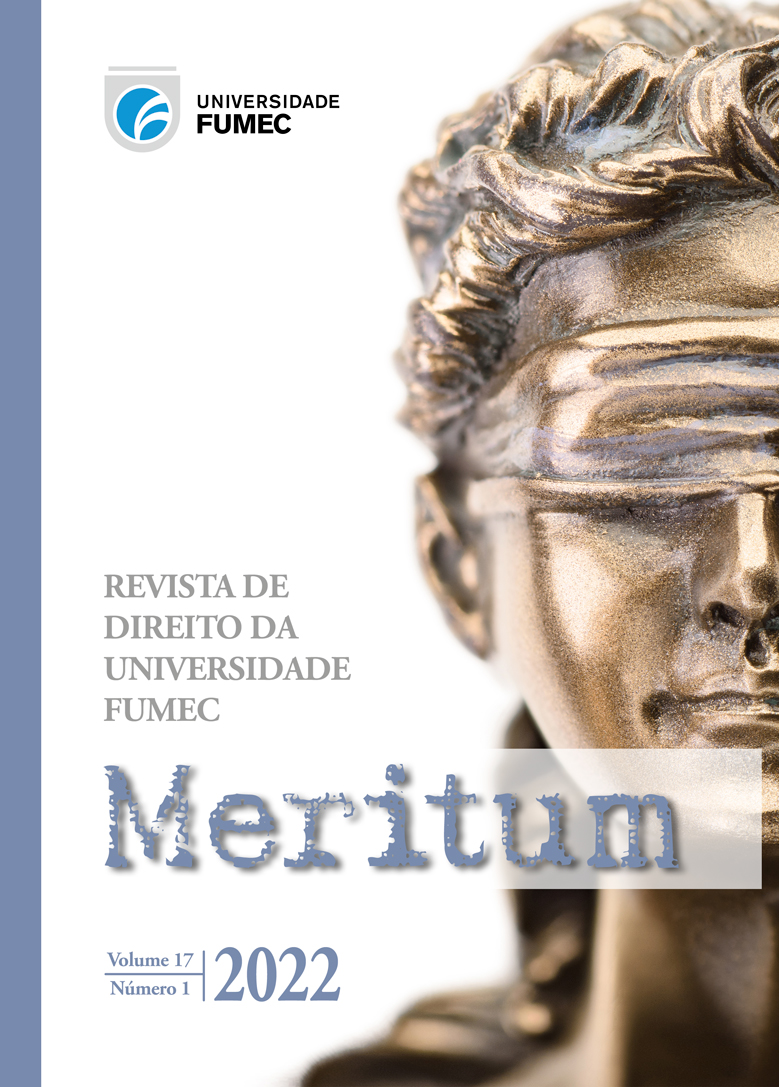AS CONTRIBUIÇÕES DO CONSTRUTIVISMO POLÍTICO E DA RAZÃO PÚBLICA RAWLSIANA PARA A CONSTITUIÇÃO DE CIDADES INTELIGENTES E INCLUSIVAS
DOI:
https://doi.org/10.46560/meritum.v17i1.8849Abstract
: The article aims to examine the philosophy of John Rawls as a constructivist theory, apt to create an artifact of political justice capable of minimizing disagreements from pluralist societies, to distance itself from reasonable comprehensive doctrines, but that can achieve a public and objective debate, whose outcome is endorsed by all citizens, regardless the conceptions of good and the subjective truths of each one. Despite the work Political Liberalism, also by Rawls, have reviewed and corrected some aspects of the theory of justice as equity, yet it is insufficiently egalitarian and liberal, however, it is still contemporary, since complemented by the criticisms and for new conceptions of political justice that arise in the face of new and emerging social complexities, notably in the urban context, as cities always reinvent themselves and change at a belligerent pace. In this way, a conception of political justice of smart and inclusive cities it is only built by participatory and engaged citizens with the duty of reciprocity and civility, which through shared public discussion, it is possible to collectively manage public resources and develop public policies that meets all social ends, in addition to distributing the attributes of smart cities to all city dwellers. The method used is the deductive, with a qualitative approach and exploratory technique, in addition to a critical review of literature.
Downloads
Published
Issue
Section
License
Autores que publicam nesta revista concordam com os seguintes termos:
- Autores mantém os direitos autorais e concedem à revista o direito de primeira publicação, com o trabalho simultaneamente licenciado sob a Licença Creative Commons Attribution que permite o compartilhamento do trabalho com reconhecimento da autoria e publicação inicial nesta revista;
- Autores têm autorização para assumir contratos adicionais separadamente, para distribuição não-exclusiva da versão do trabalho publicada nesta revista (ex.: publicar em repositório institucional ou como capítulo de livro), com reconhecimento de autoria e publicação inicial nesta revista;
- Autores têm permissão e são estimulados a publicar e distribuir seu trabalho online (ex.: em repositórios institucionais ou na sua página pessoal) a qualquer ponto antes ou durante o processo editorial, já que isso pode gerar alterações produtivas, bem como aumentar o impacto e a citação do trabalho publicado (Veja O Efeito do Acesso Livre).






